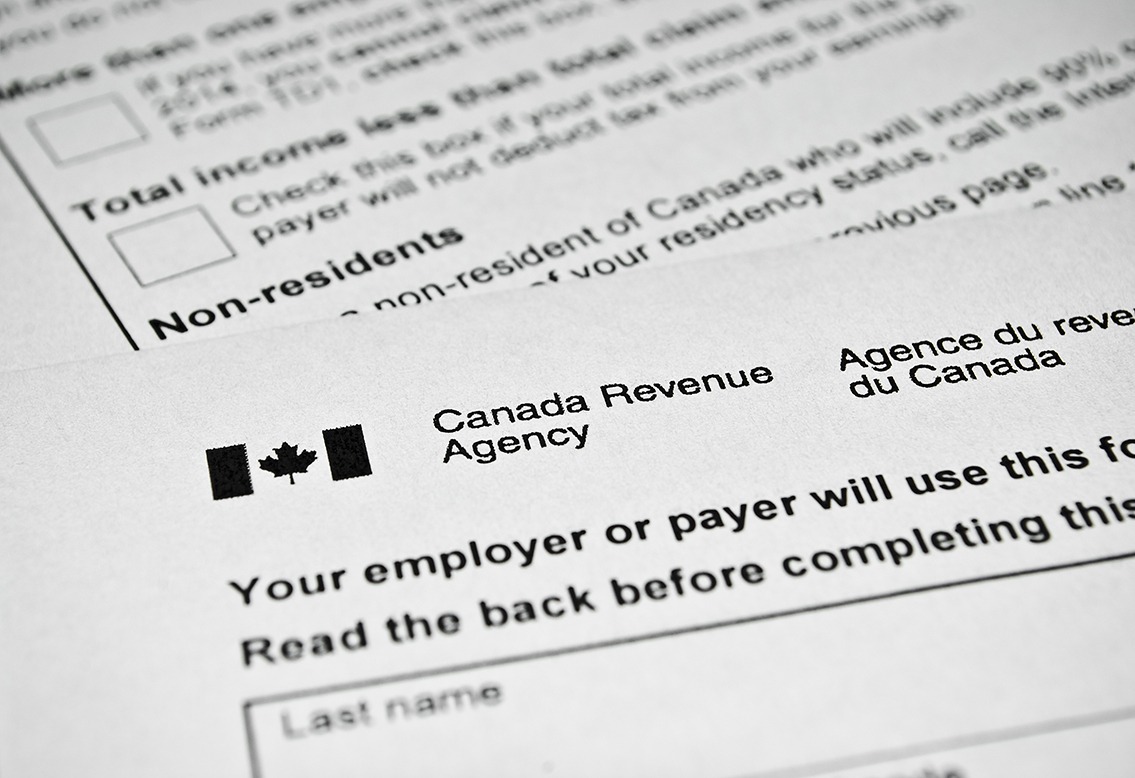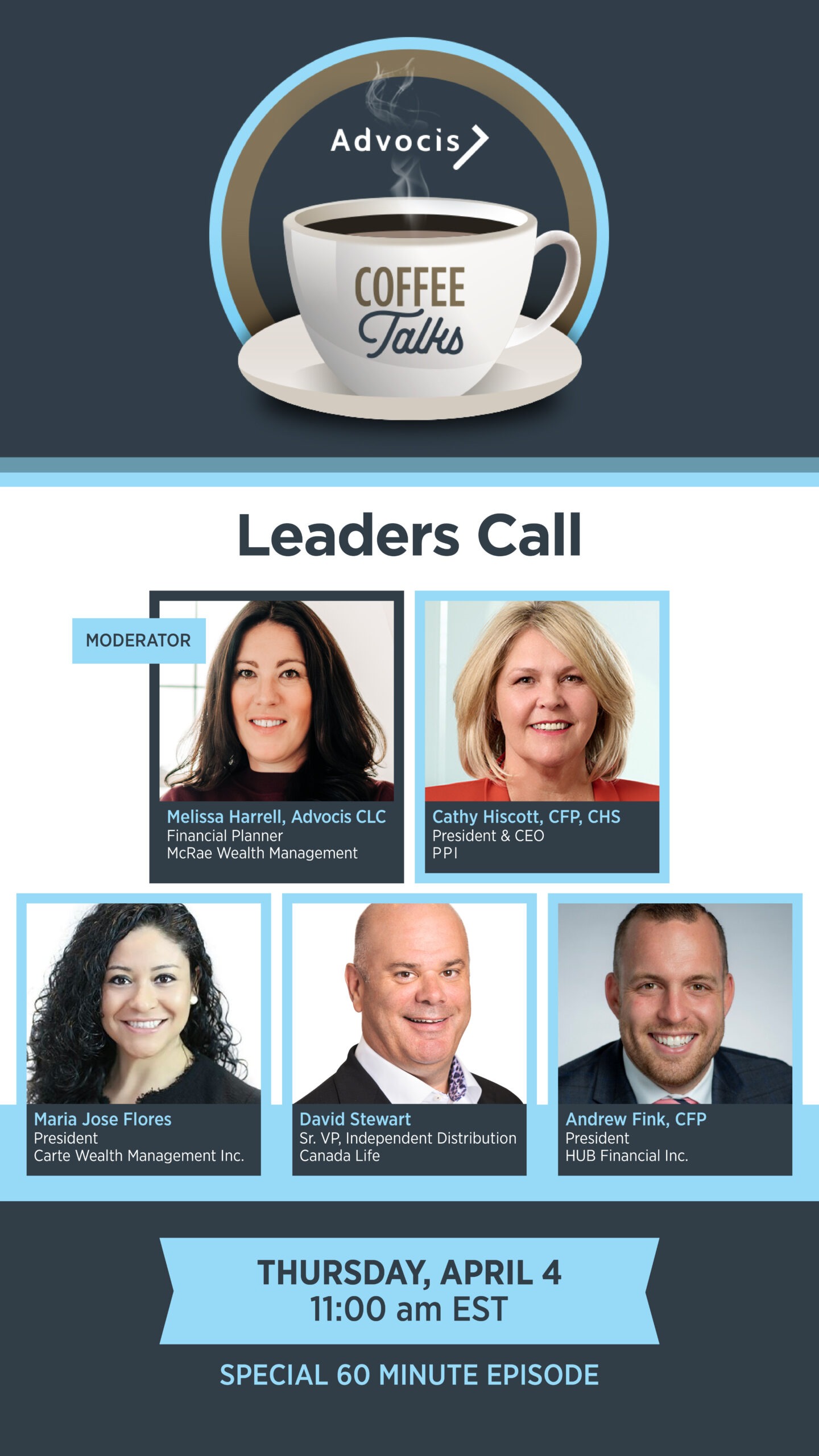(From the October 2021 Edition of eFORUM)
By Jamie Golombek
Last month’s election saw the Liberals maintain their minority in the House of Commons, paving the way for some of their election promises to perhaps come to fruition in the months ahead. Here’s a brief look at three of them.
First Home Savings Account
To help younger Canadians afford a down payment fast, the Liberals promised to introduce a new tax-free First Home Savings Account. This new type of tax-preferred account would combine features of both the Registered Retirement Savings Plan (RRSP) and the Tax Free Savings Account (TFSA). Put another way, the Liberal platform describes it as “tax-free in, tax-free out.”
The account would permit Canadians under the age of 40 to save up to $40,000 toward their first home. Like an RRSP contribution, the funds contributed to the account would generate a tax deduction, thus allowing a qualifying individual to effectively contribute up to $40,000 of their pre-tax income to the new plan. Any contributions to the account would reduce the individual’s RRSP contribution limit. Funds may also be transferred into the account from an RRSP.
While inside the plan, the money will be able to compound and grow tax-free until you withdraw them tax-free. And, unlike the current Home Buyers’ Plan, which allows qualifying individuals to withdraw up to $35,000 tax-free from their RRSP to buy a first home, under this new plan, there would be no requirement to repay it. (Home Buyers’ Plan withdrawals must generally be repaid over 15 years). Contributions must remain in the plan for at least a year before being withdrawn. As well, at least 50% of any funds withdrawn must have been invested for at least four years.
Finally, if the funds in the new account are not used for a home purchase by the age of 40, they convert to normal RRSP savings.
Tax credits for home buyers and multigenerational renovations
Also on the housing front, the Liberals promised to double the Home Buyers’ credit, which allows first-time home buyers to claim a non-refundable credit if they buy a home. They said they would double the amount to $10,000 (from $5,000), which at 15% would be worth $1,500, meant to assist new home purchasers with the extra costs of buying a home, including closing costs, legal fees, transfer taxes, and inspections.
The Liberals also said they will introduce a new “Multigenerational Home Renovation tax credit,” which would help families add a secondary unit to their home for an immediate or extended family member. Families would be able to claim a 15% tax credit for up to $50,000 in renovation and construction costs, saving taxes of up to $7,500.
Home office expenses
Finally, for those of us still working from home as a result of the pandemic, the Liberals promised to extend the simplified method for calculating work space from home expenses for an additional two years (through 2022) and bump up the maximum deductible amount to $500 (from $400).
What about the NDP?
Given the minority government, the Liberals may need the NDP’s support on various bills in the months ahead. This has some speculating that perhaps a couple of promises from their platform could find their way into the Liberal minority government’s platform.
An increased capital gains tax
Currently, 50% of capital gains are taxable when investments are sold at a profit in a non-registered account. The NDP wanted to have the capital gains inclusion rate increased to 75%, a move the party claimed will “make our tax system fairer and ensure that the wealthiest individuals are paying their fair share.”
A bump up of the top tax rate
The current top federal tax bracket of 33% kicks in at income of more than $216,511. The NDP platform had this rate increasing by two percentage points to 35%. This would bring the top combined marginal tax rate, including both the federal and provincial components, to approximately 55.5% in B.C., Ontario, and Quebec, and Nova Scotia’s top combined rate to 56%.
Jamie Golombek, CPA, CA, CFP, CLU, TEP, is the managing director, tax and estate planning with CIBC Private Wealth Management in Toronto. He can be reached at Jamie.Golombek@cibc.com.








